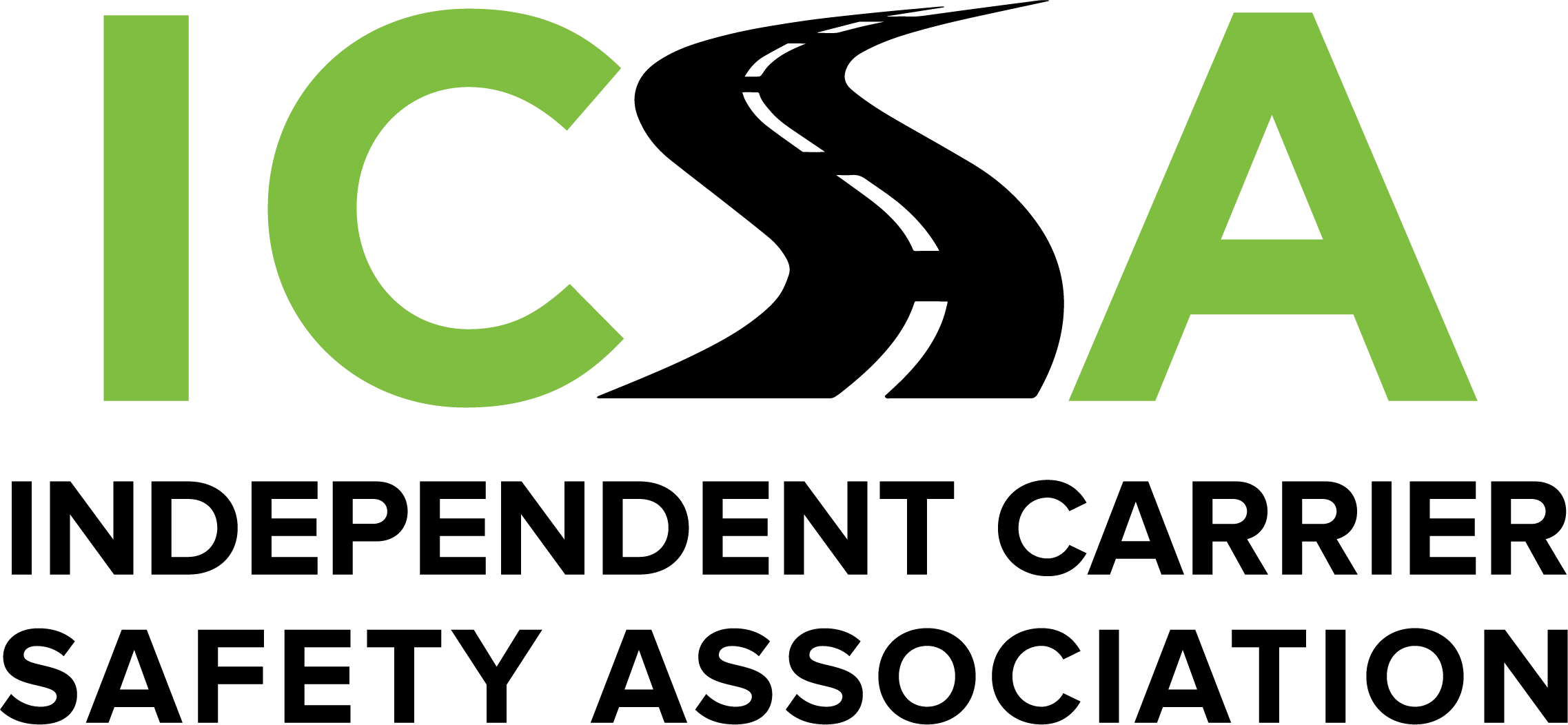While they may occasionally get a bad rap, brokers remain a principal source of freight for single-truck operators and small fleets. The shipper gets capacity. The carrier gets a load. Everyone wins. At least, that’s the way it’s supposed to work!
But what if the broker had no right to send the carrier that load and the shipper didn’t authorize the load to be brokered in the first place? At the very least double brokering is unethical and can be illegal. One industry expert estimates that the practice costs the industry more than $100 million a year.
Double brokering means that a second broker gets involved in scheduling a load of freight, often through fraud. In a typical case, the second broker contacts an authorized broker and offers to haul a load. Rather than put that freight on its truck, that second company will pass the load along to an innocent carrier who hauls the load without knowing that the second broker had no right to pass it along. Now, while likely a breach of at least one contract, this plan may work out just fine.
But, what happens when the second broker decides not to pay the carrier? The original broker and the shipper have fulfilled their obligations and it could leave the carrier without recourse to get paid.
What can you do to avoid hauling a load for which you receive no payment? Here are some basic steps you can take:
-
Always work with reputable brokers. The long-established brokers, especially those connected to large carriers, are unlikely to double broker loads.
-
When you go to pick up a load, ask at the shipper’s location who the broker is. If the name they give doesn’t match your paperwork, additional investigation is warranted.
-
If you are working with a new broker, investigate. Go to fmcsa.dot.gov and make sure the new broker has brokerage authority. Call the broker's main number listed and verify that you are actually talking to the company that they claim to be and not an imposter.
-
Check the rate confirmation (Rate Con) and make sure it is assigned to the correct carrier. Never agree to check in to the shipper as a different carrier.
-
You can report violators to the FMCSA. Follow the prompts to ensure that you select your company’s proper role in the transaction, e.g. trucking company.


